I get a daily Google Alert by email with links to stories, articles, and videos that use the phrase, “Love Your Neighbor.” Skimming those links shows hundreds, if not thousands, of examples of what that phrase is not.
First, “love your neighbor” is not a political weapon.
One popular weaponization of this phrase is to claim some politician is being untrue to his or her values because they are not approving a policy that others have determined represents the action of “loving your neighbor.” You can lump many of today’s hot-button political topics into this category. But loving your neighbor is not a phrase about political policy.
Second, “love your neighbor” is not a yardstick you use to determine how others measure up.
Very clearly, the statement is personal and seeks an answer to this question: How do you love your neighbors? I see in numerous articles how authors point their fingers at others. But loving your neighbor is not a phrase meant to tear down other people.
Third, to “love your neighbor” is not a passive idea.
Loving our neighbor requires more than lip service. Anyone can say they love their neighbors behind closed doors. Most anyone can even claim it as a motto. But loving our neighbor takes action. It’s about you and I being active in loving, not passive and indifferent. Loving our neighbor is about applying time and energy to the situation; it’s about being engaged.
Fourth, you are not the final judge of whether or not you love your neighbor.
I see many online stories that appropriates this phrase to promote an event or to sell things. But the statement predates us all, and we do not get to define it. If we did, we’d be nice to our friends and claim them all as our neighbors. Instead, this phrase requires us to sometimes get uncomfortable with people that live around us—and not just the ones we already like. But loving our neighbor is not something we get to judge. Rather, it should be something others can easily see based on our actions.
“To love at all is to be vulnerable. Love anything, and your heart will be wrung and possibly broken. If you want to make sure of keeping it intact you must give it to no one, not even an animal. Wrap it carefully round with hobbies and little luxuries; avoid all entanglements. Lock it up safe in the casket or coffin of your selfishness. But in that casket, safe, dark, motionless, airless, it will change. It will not be broken; it will become unbreakable, impenetrable, irredeemable. To love is to be vulnerable.” – C.S. Lewis, The Four Loves
When we remember what loving your neighbor is not, we can then get busy thinking of others and being vulnerable in our efforts to love them! Loving requires action—and today is a great day to start.
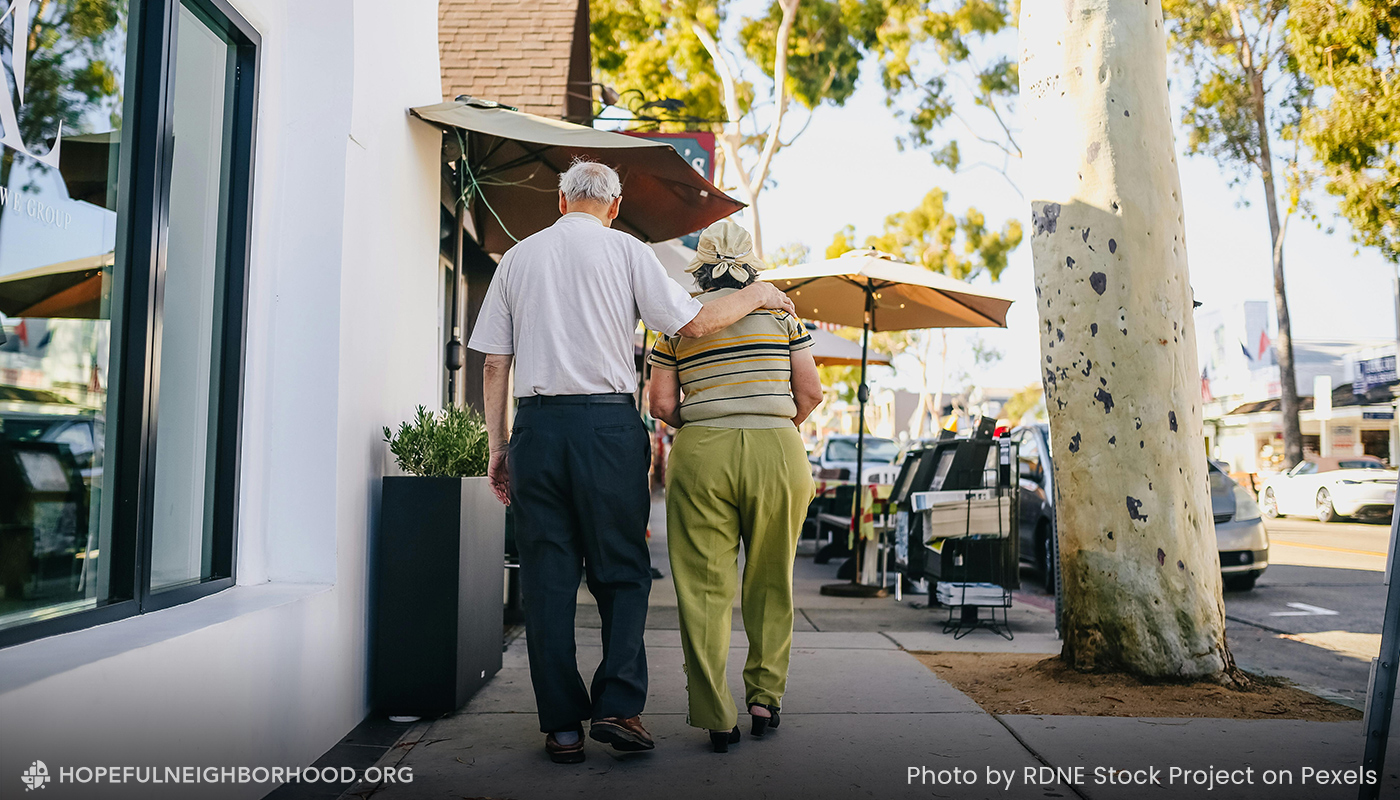
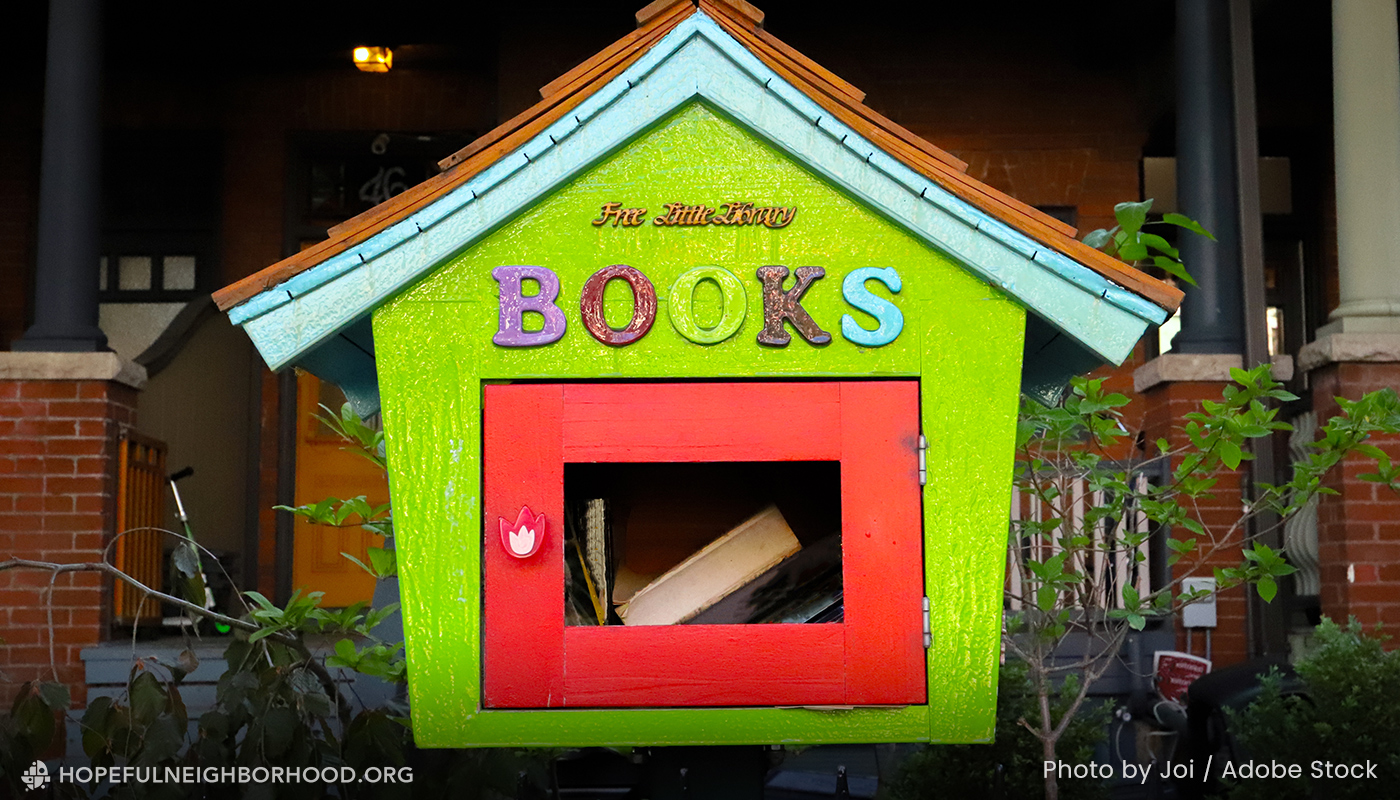
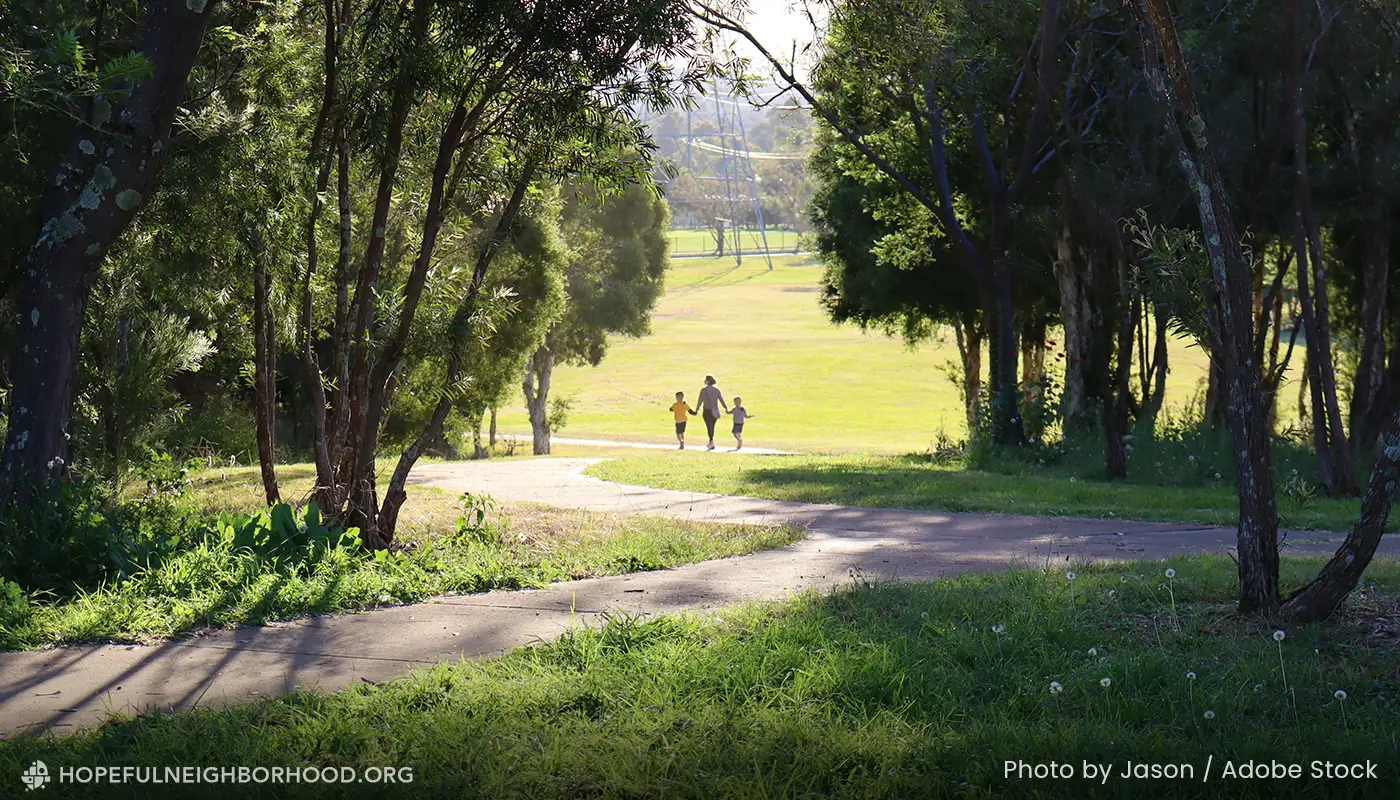
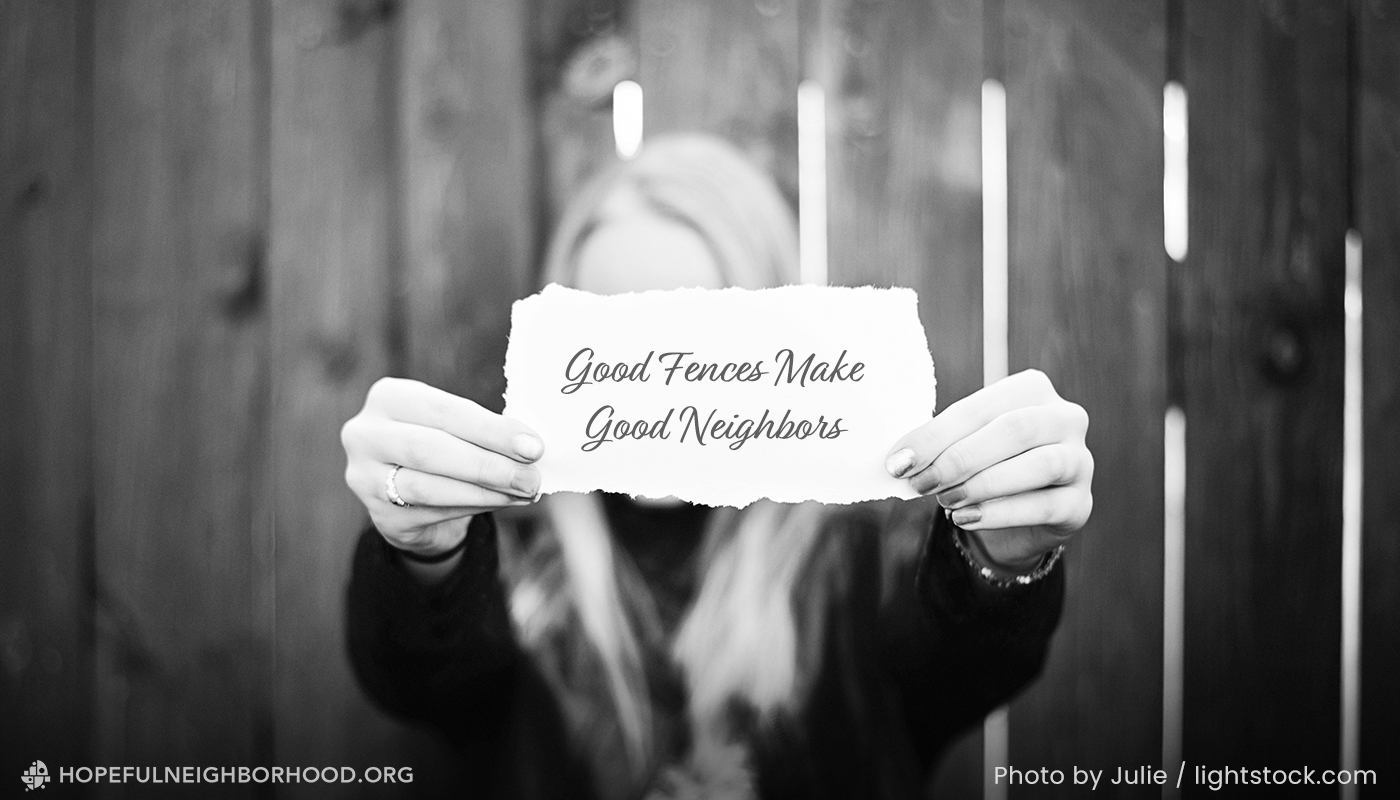
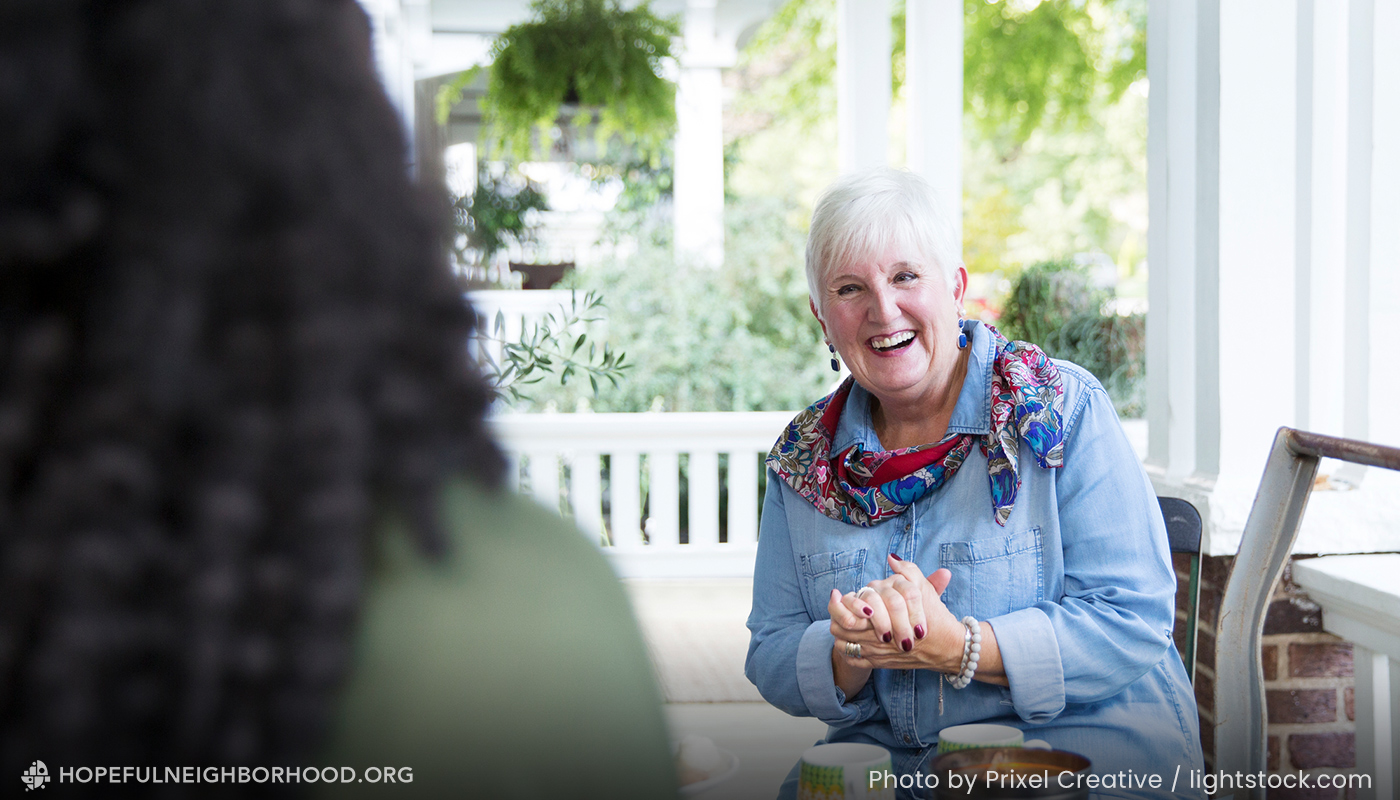

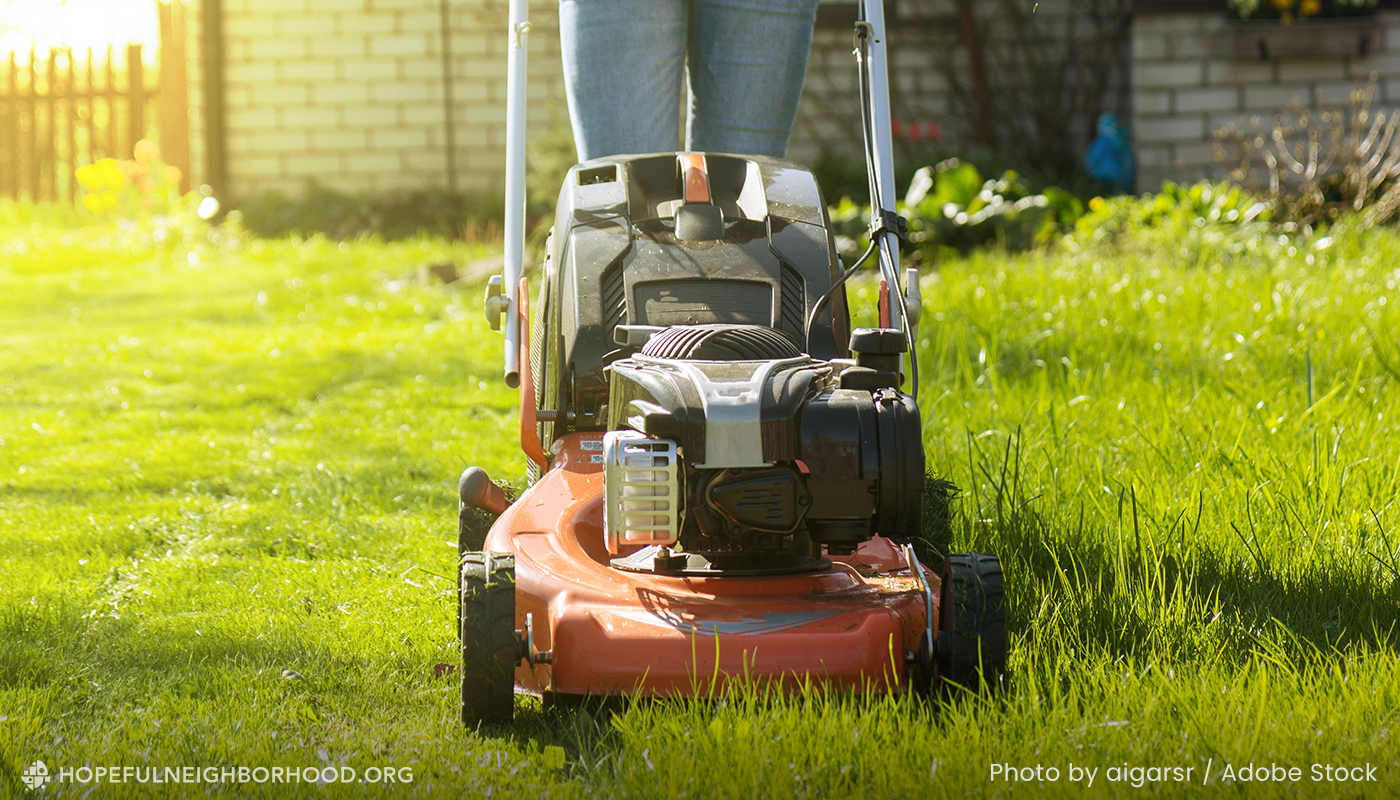
0 Comments